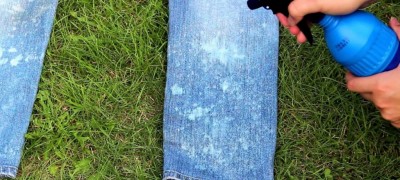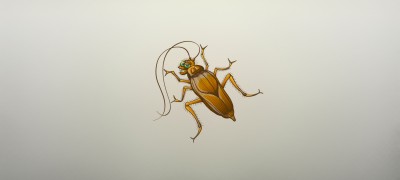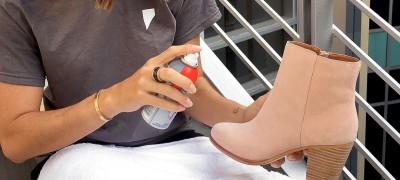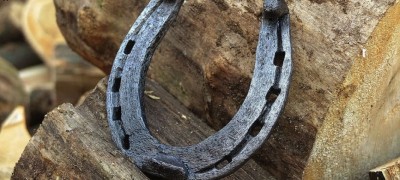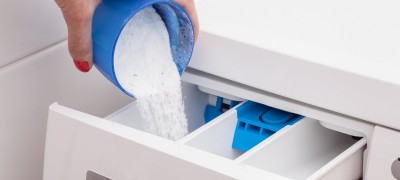Methods for removing fresh and dried blood
There are unforeseen situations when sudden bleeding or wounds spoil your favorite wardrobe or interior items. Traces of this type are considered difficult to deduce, but with a competent approach, they can be destroyed forever. One of the pressing questions of women's forums is how to remove blood from clothes.
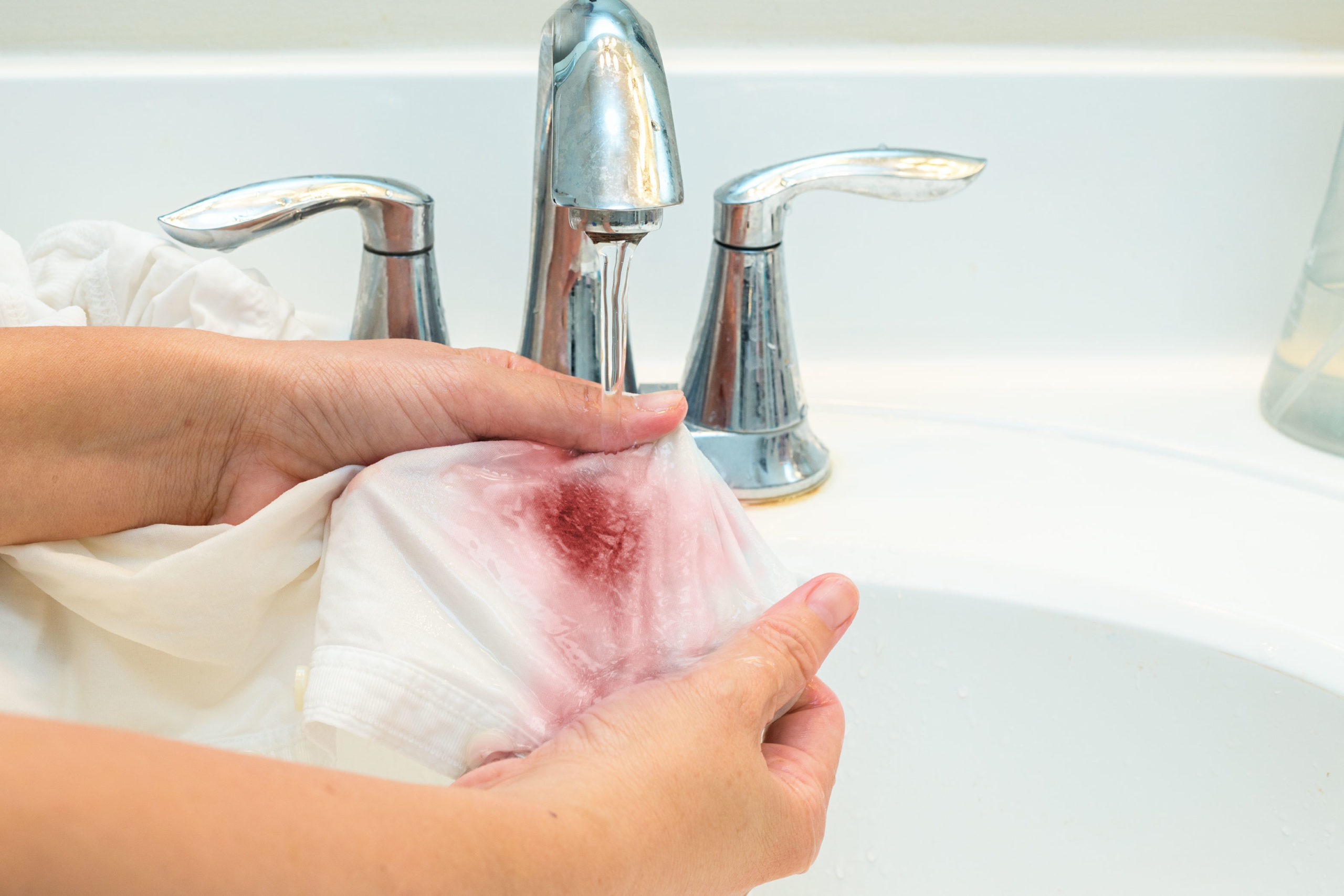
Is blood washed
It is not easy to remove drops of blood and many other biological dirt, especially for textiles. Ordinary techniques will not help here, so you will have to use the advice of people's experts and scientific achievements. To easily cope with blood stains, you need to know some rules. Do not put off a dirty item and wait for the day to wash. The stain is much easier to deal with as long as it has not eaten into the structure of the material.
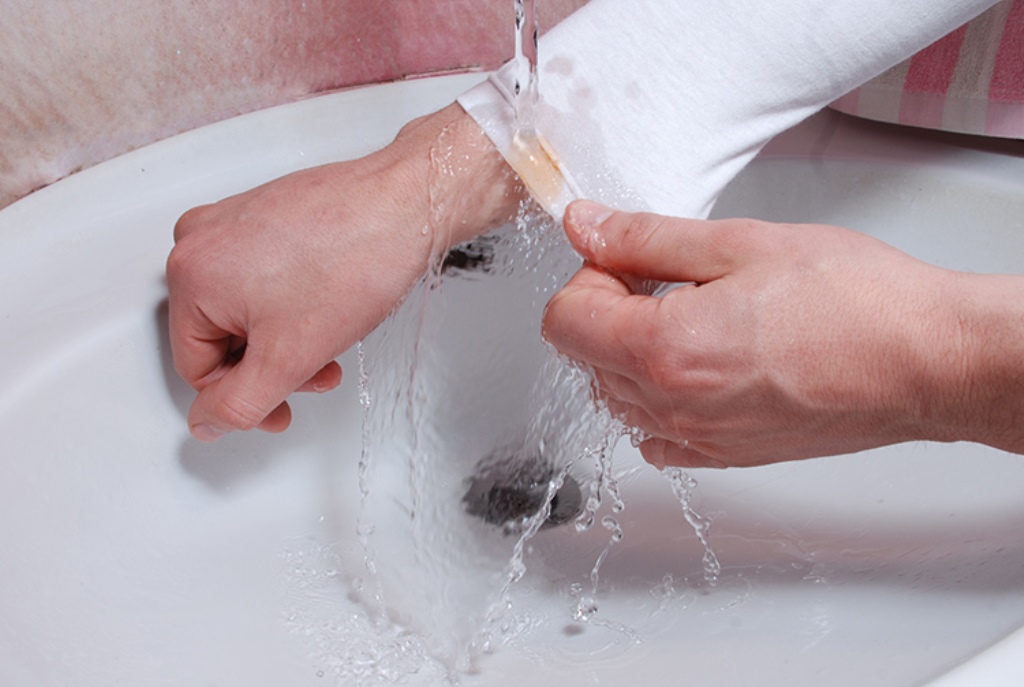
It is not advisable to fight the same resort to chemicals. For a start, you can try to remove the blood with a large volume of water. Of course, it is better to prevent blood from coming into contact with things altogether. However, in critical situations it is difficult to foresee. Even with a competent approach to getting rid of the problem, traces can still remain and remind with their presence about unpleasant moments.
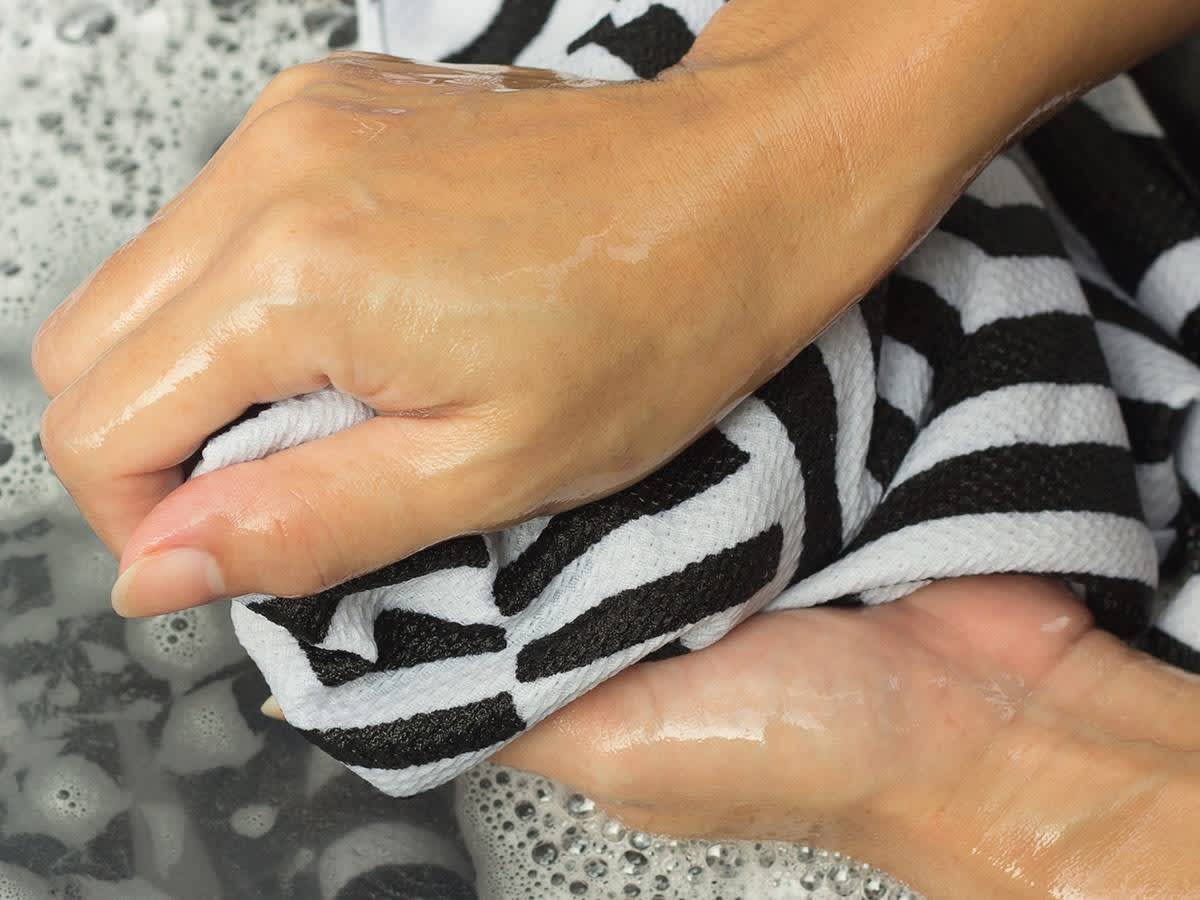
In what water is blood washed
The first step is to make sure the water you are using is not too warm. In a hot temperature, you can forget about saving things: it does not wash off. This is due to the fact that there is protein in the consistency, which, under the influence of boiling water, curls up and is fixed in the pores of the matter. After such exposure, the stain can only be masked with a decorative patch, for example, a chevron or an acrylic pattern.
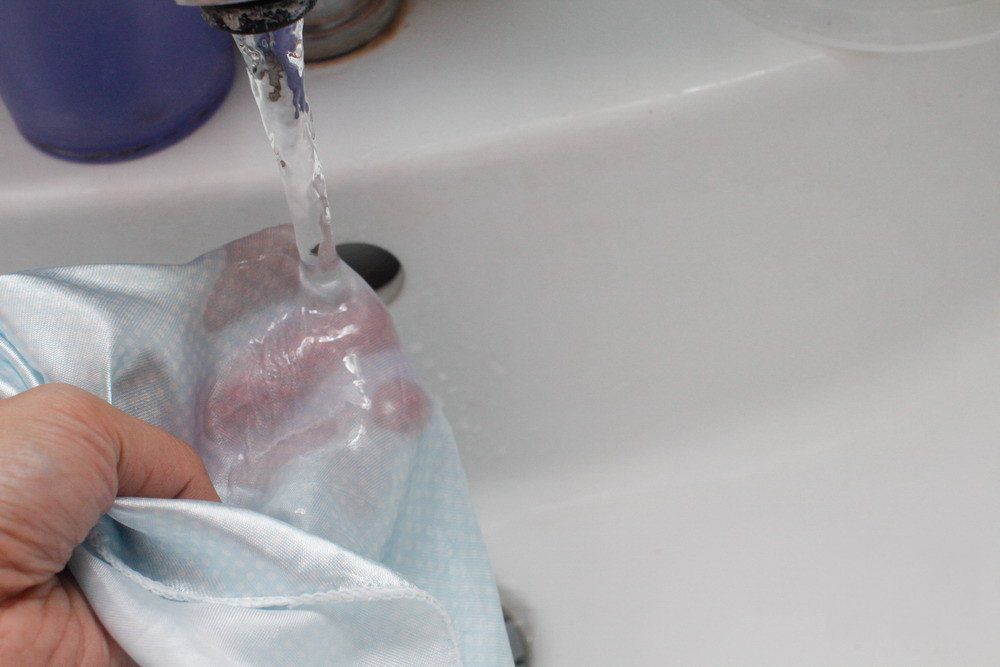
When using an automatic machine, the washing mode is set to 30 degrees. In this case, you can use products that are not applied to the stain itself, but are added during washing directly into the water. A special washing powder designed to cleanse from biological contaminants will help. Its structure includes oxygen-containing molecules that perfectly cope with this task.
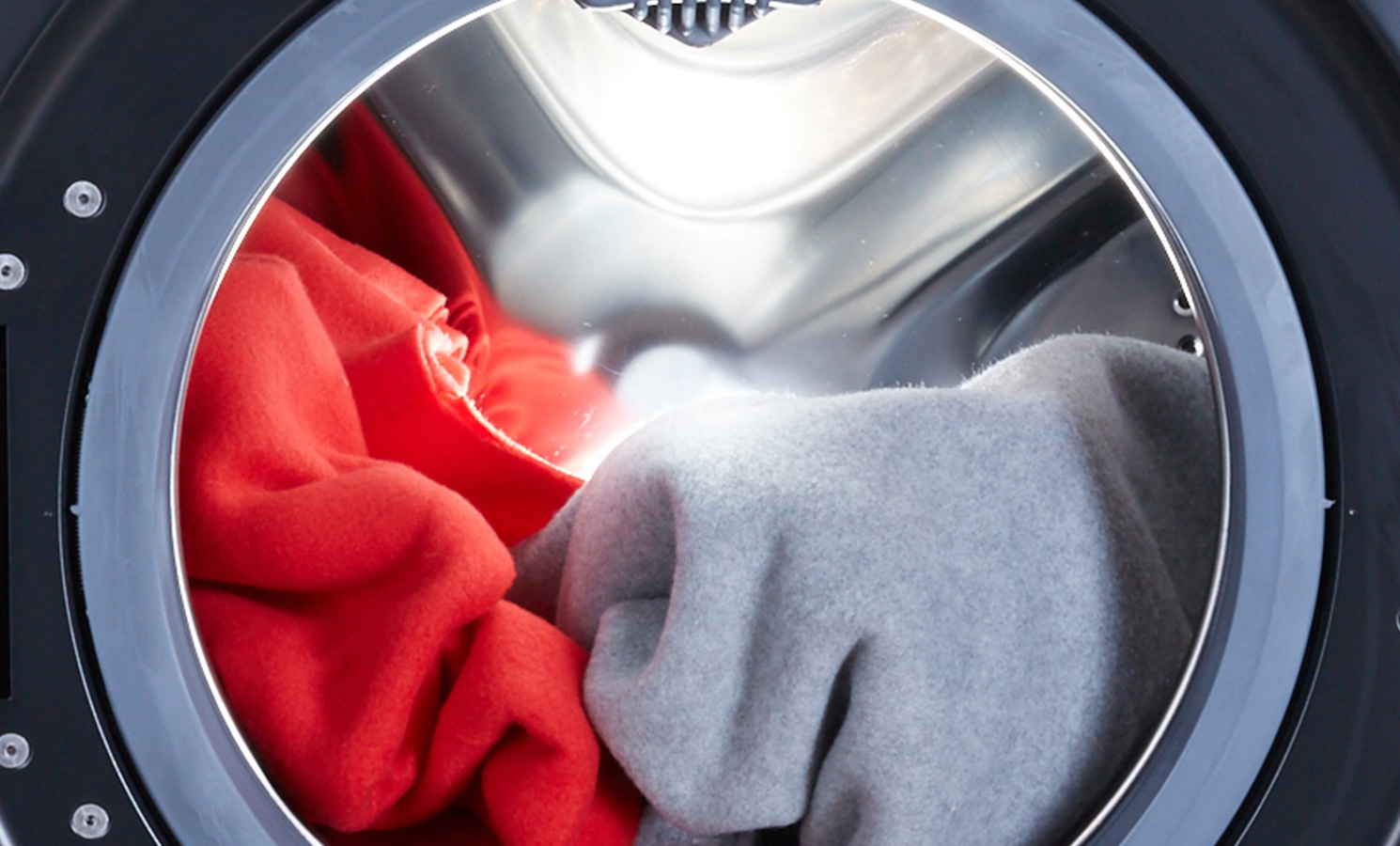
The first step is to analyze what happened and establish how long a trace has been left. If the stains have been delivered recently, then only ice water will help. If this is not at hand, pour liquid at room temperature. A slightly lukewarm liquid is suitable for old stains.
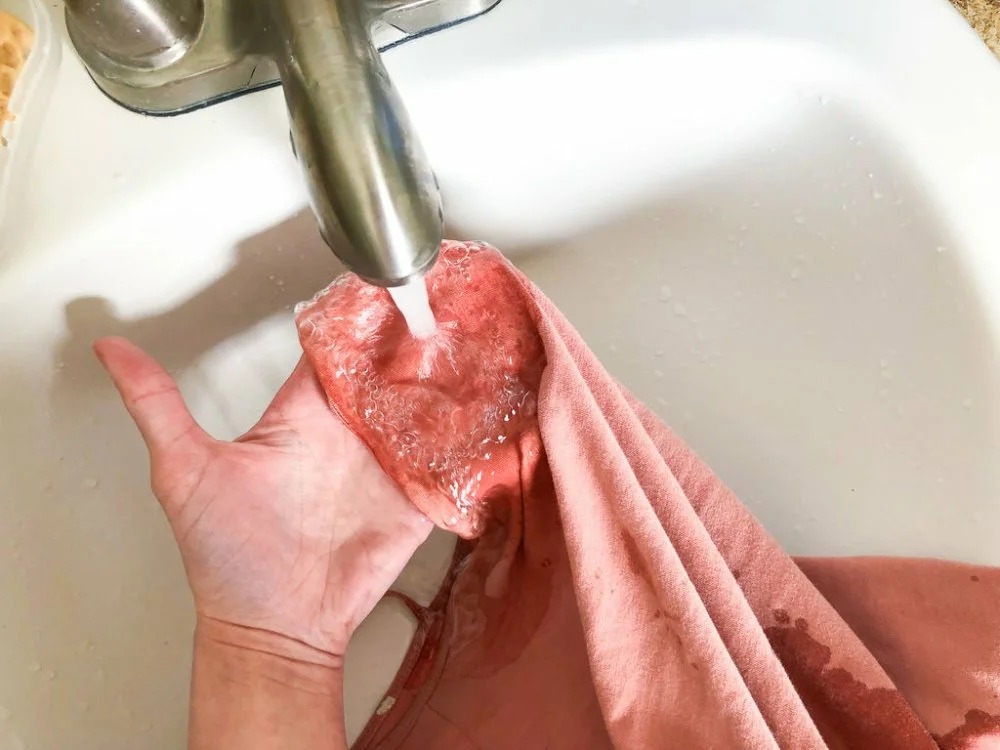
How and what to wash off fresh blood
When unpleasant stains appear, it is important to prevent them from seeping and drying out. It is advisable to immediately place the textiles in a container with water for half an hour. You can take advantage of the strong pressure of the jet. Keep the product until the speck acquires the color of the original fabric color.Next, wash the stained section with a piece of high-acidity soap. An excellent result is obtained by soaking the product for a couple of hours with the introduction of a special powder.
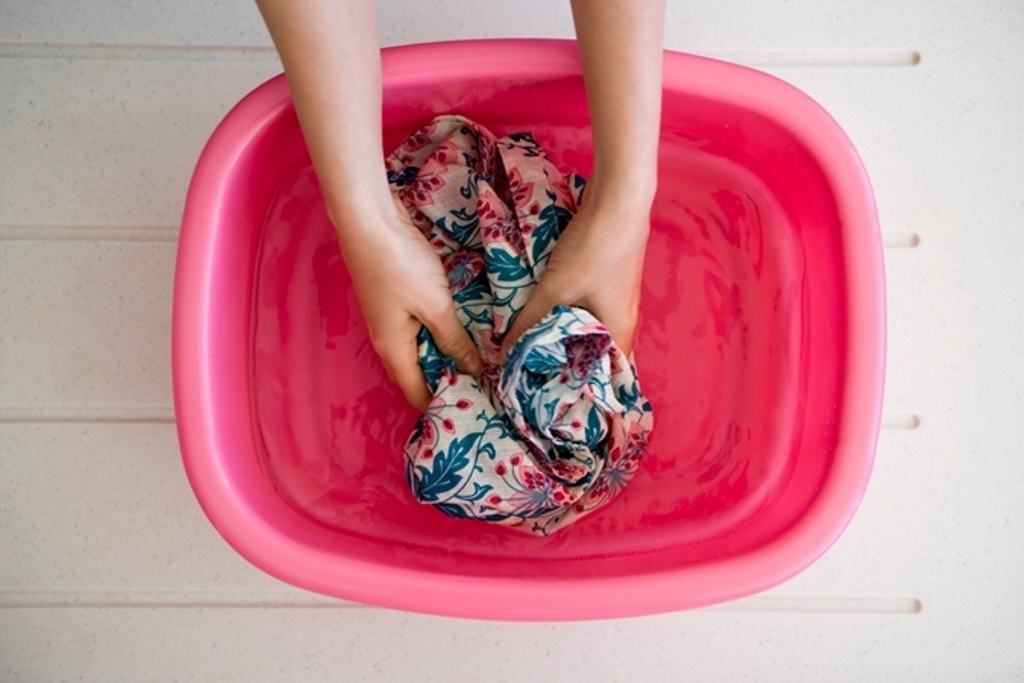
If soft interior items or carpet are damaged, then the excess blood must be removed with a sponge. In no case should a fresh spot be rubbed: the red liquid quickly eats deep into the threads and spreads instantly. How to get blood off white clothes is a common dilemma for many women. It is much easier to eliminate it with flashy and black accessories than with beige ones. The chance to save the smeared white fabrics is higher while the blood hardens.
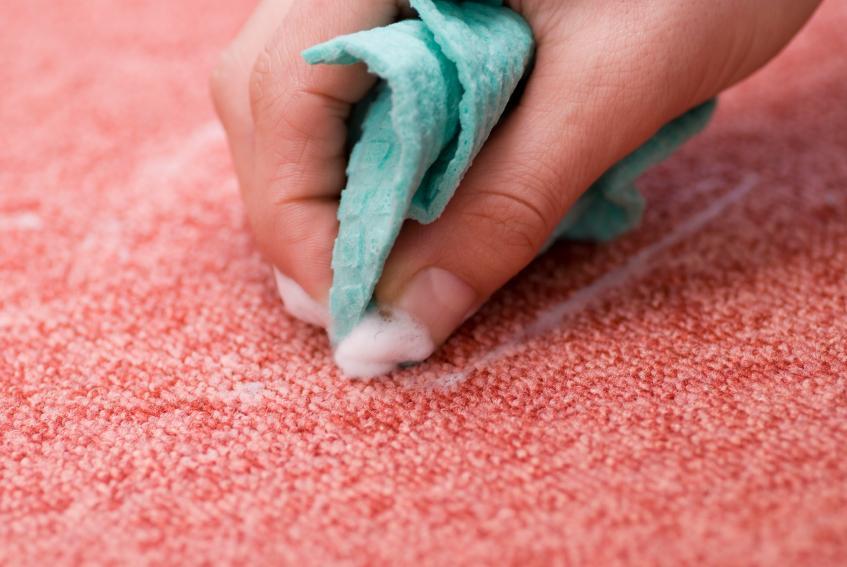
How to remove dried blood
It is worth knowing a certain pattern: the longer the substance is in contact with the surface, the more problematic it is to wash it. Moreover, the situation is complicated if the item has already been processed in boiling water or dried on a battery.
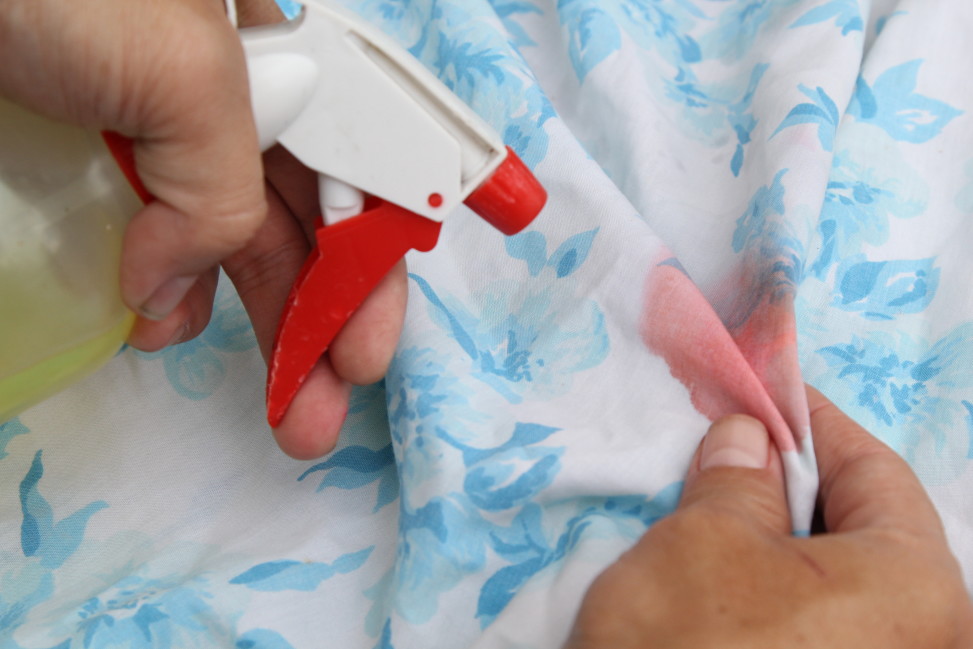
It is advisable to remember the following recommendations:
- Before washing, the dirty surface can be rubbed with a stiff brush. This will help remove caked and stubborn matter. You cannot immediately throw the item into the washer without pretreatment.
- If the damaged area is large, then it is cleaned by applying a clean rag until the traces are no longer printed.
- When using special preparations, it is important not to smear dirt on the surface. For example, the treatment of the smudge starts from the edges and gradually goes to the central part.
- After applying a special chemical, it is worth noticing for five minutes, and then treating the area with dry material.
- It is impossible to iron blood stains. After ironing or steaming, the likelihood of removing blood is close to zero.
- To resuscitate the sheets, it is necessary to soak them for a long time in a highly concentrated soap composition. First of all, the stained area must be softened and loosened.
- You can not resort to acetone and other solvents, and the ammonia infusion is used after finding out the texture reaction.
- If smudges or yellow streaks appear after drying. Formulations based on ordinary soda or vinegar will help wash the blood from the fabric.
- Be sure to wear gloves to prevent infection, as pathogenic bacteria can enter the open wounds.
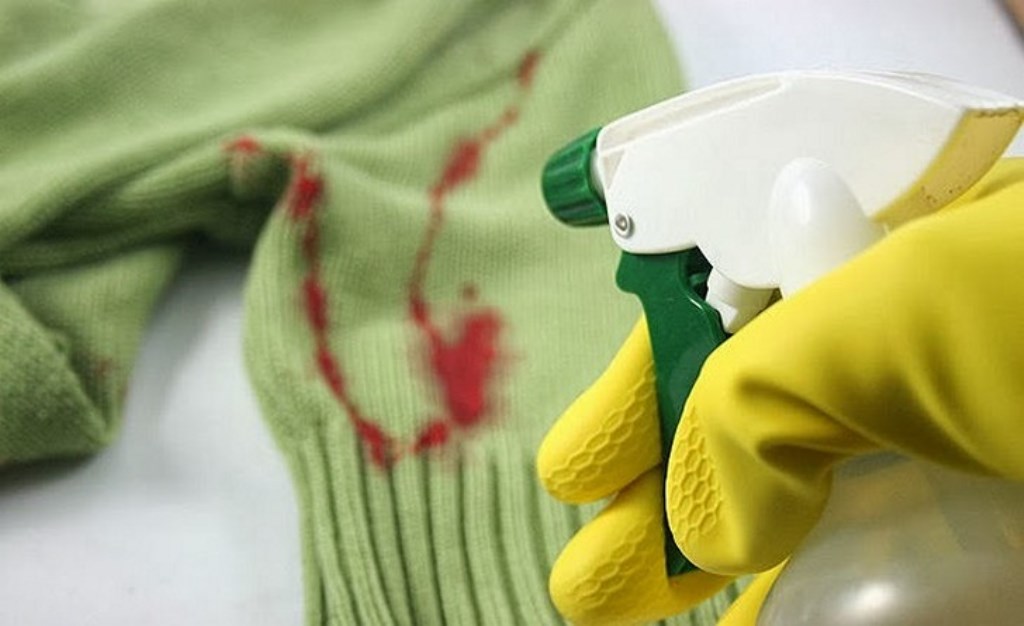
As for white things, then you can't do without a stain remover. The chemical is also used for light-colored jeans. Even if it is possible to get rid of the main pollution, a barely noticeable glare may still remain. Therefore, it is important to find or buy a suitable chemical as soon as possible, and then follow the manufacturer's memo. Usually, a minimum amount of concentrate is poured into a container, textiles are soaked and washed. For a guaranteed effect, this technique is carried out repeatedly. All other methods in this case are likely to be useless and the unpleasant trail will still not disappear.
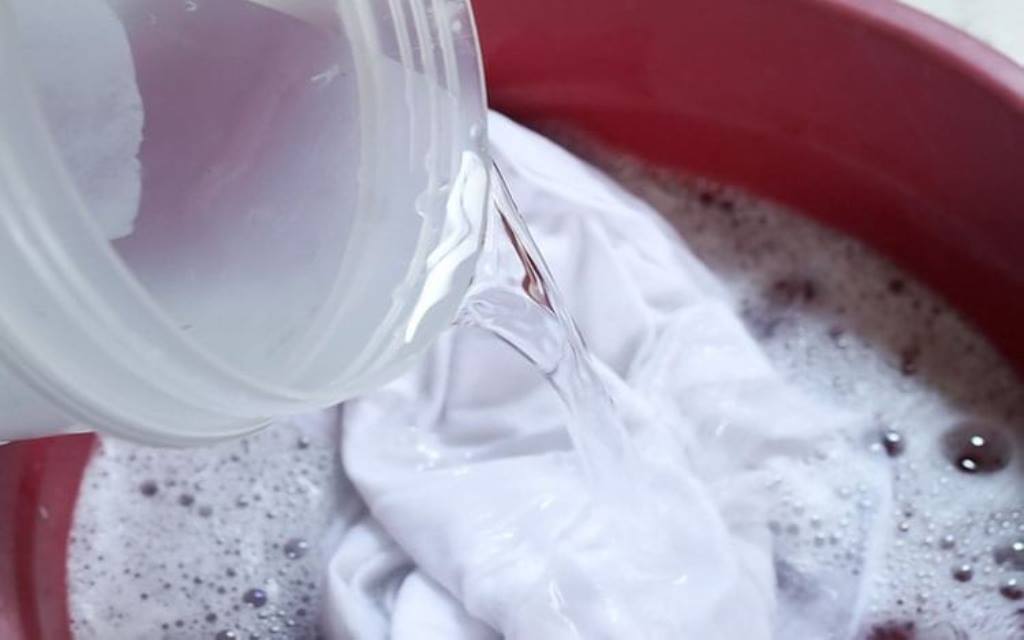
List of means for removing blood
Modern chemicals also cope with the problem perfectly. The main thing is not to buy too budget compositions of dubious manufacturers. They may not wash off dirt and even damage branded products. Products must be matched to a specific type of material and used strictly in accordance with the user's manual.
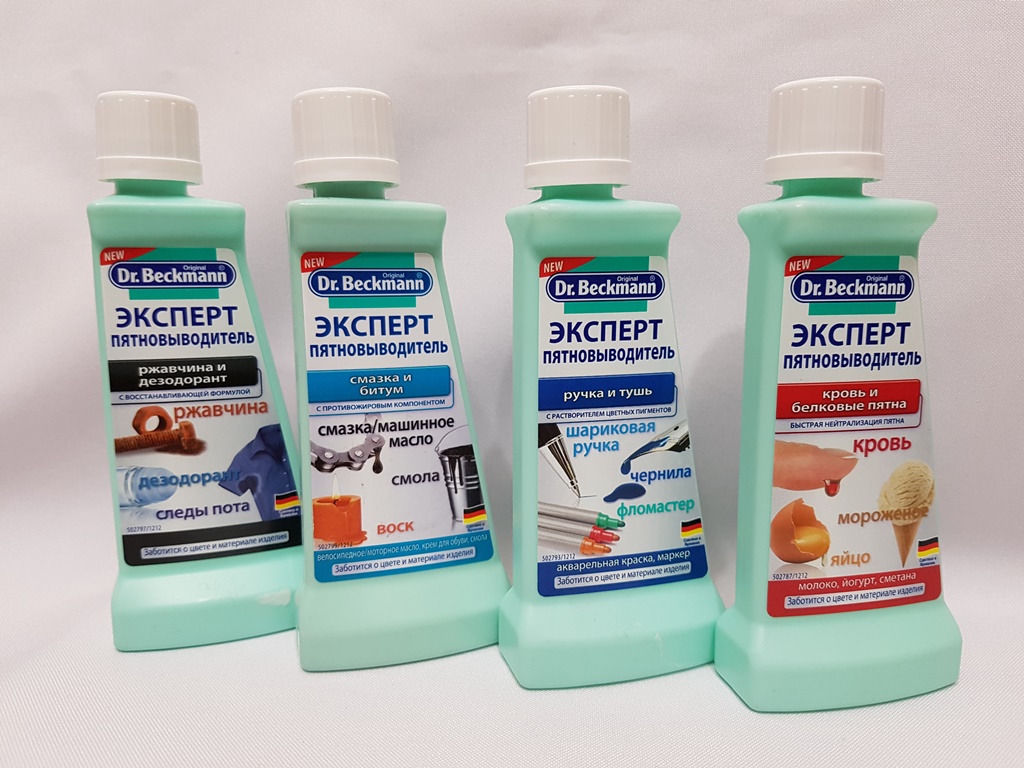
Industrial
Next, we will analyze how to wash off dried blood using store-bought preparations.Experts recommend buying ammonia-based reagents.
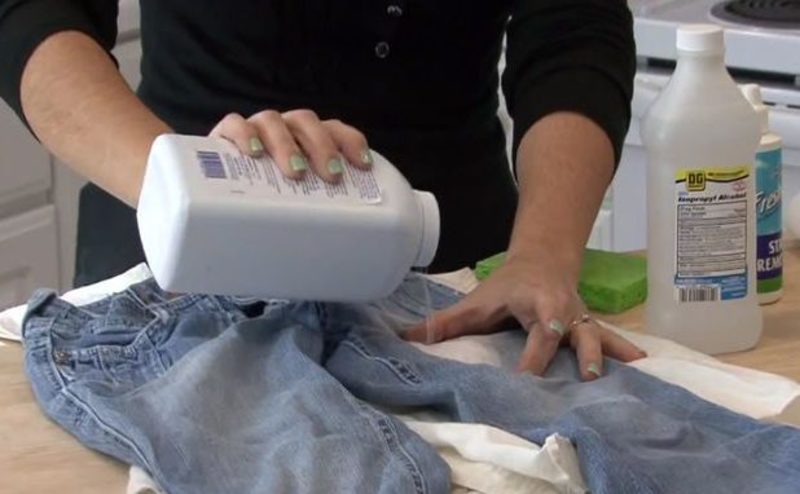
Popular:
- Powdered bleach that is applied directly to the problem area. They are kept for about an hour and the clothes are sent to the washing machine.
- Antipyatin is one of the inexpensive products. The cloth should be lathered and left for a short period. The session is allowed to be repeated several times.
- Dish cleaning solution. It is dissolved with water at your discretion, and then the spoiled area is covered with a lip.
- Bura. This chemical is added to most laundry detergents. The substance is diluted in a small volume of liquid and rubbed into the problem area. Further, washing is continued in automatic mode.
- Enzyme humectant. A thing is lowered into it for half an hour. Make sure the water is warm.
- Ammonia. The drug (1 tbsp. L.) Is diluted in half a glass of water. The mixture is sprayed with a spray bottle and left to act.
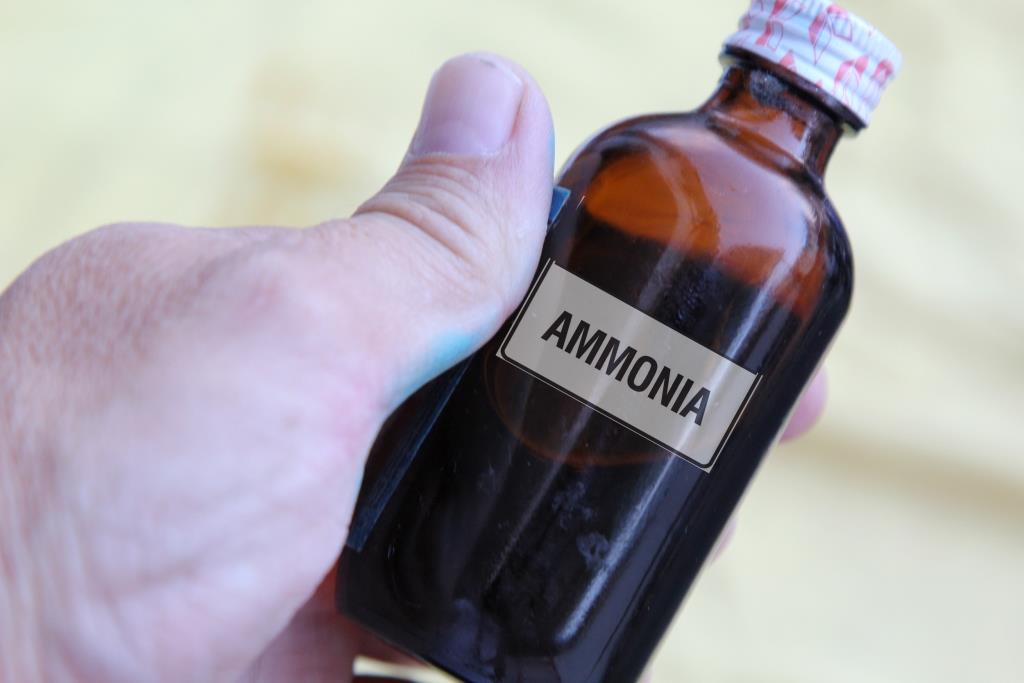
Folk
Homemade recipes are not inferior in efficiency to store ones, and besides, they are also more affordable. They are in every apartment and are always available.
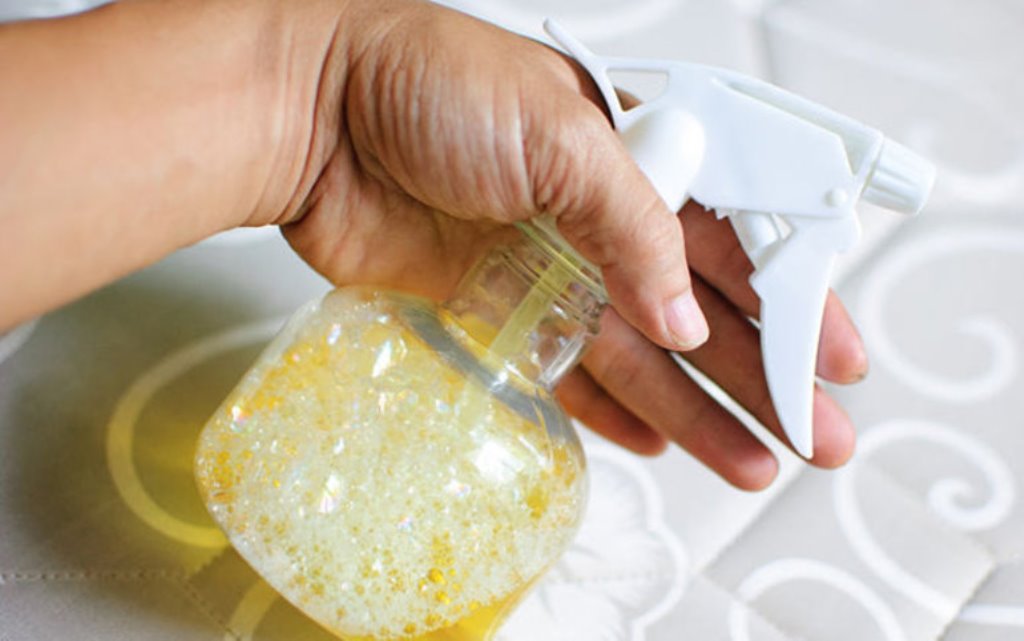
These include:
- Hydrogen peroxide. Handles new stains well. It is worth knowing that it can discolor the fabric and deform the texture. Therefore, before starting work, make a test on a small piece. Fabric processing is done with a moistened cotton pad. It is worth preventing foaming in uncontaminated areas by removing excess foam. As the reaction slows down, the solution is gradually added. Next, the soiled thing is washed with soap.
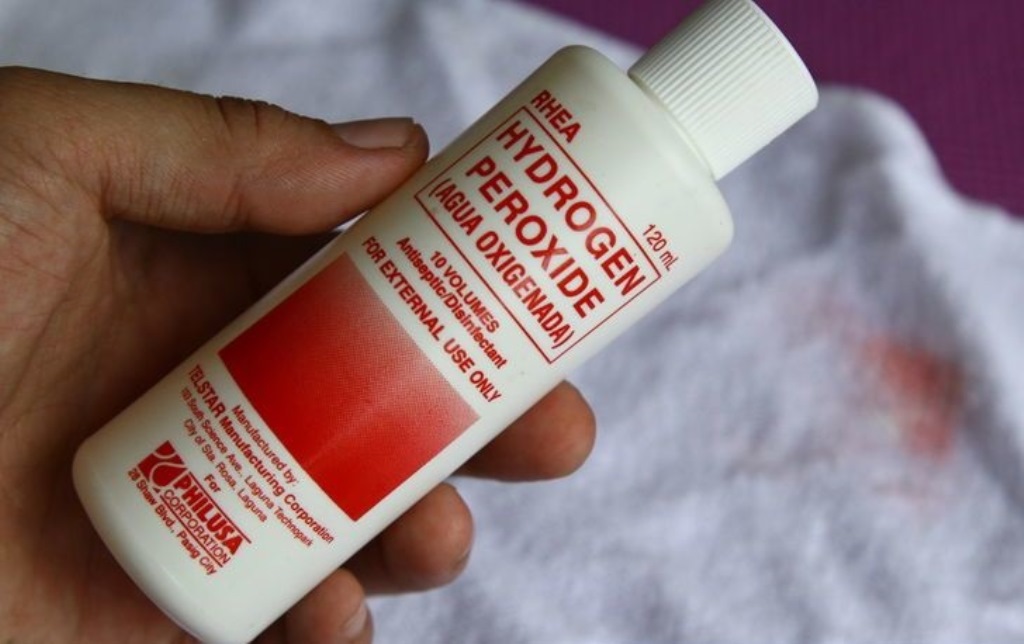
- Salt. A pinch of salt is poured into a glass of water. The resulting solution is poured into a spray bottle and sprayed onto the contamination. After that, the stain is wiped with paper, moving from the edge to the central part.
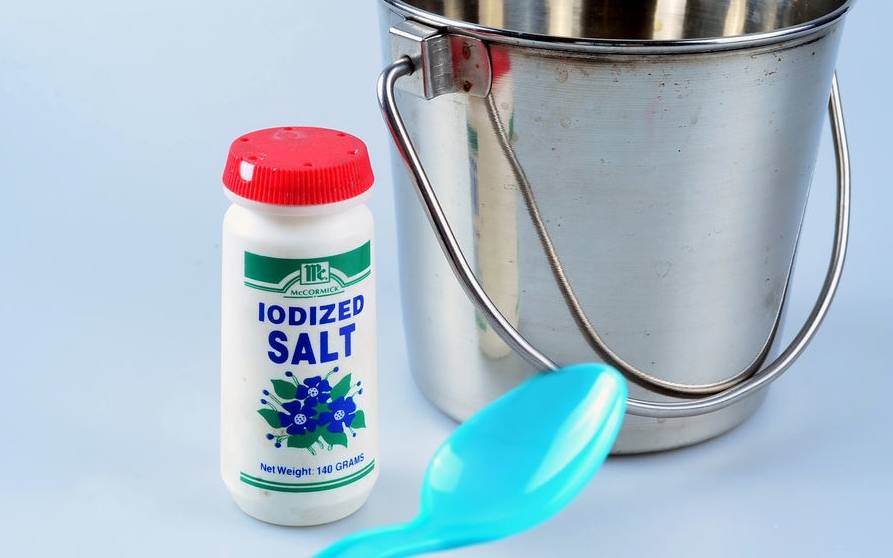
- Soda. The concentrate is selected depending on the degree of contamination. Two parts of water are poured onto one part of soda. The solution is applied to the stain for 30 minutes and removed with a toothbrush and a wet handkerchief. You can soak clothes in a bucket for 10 hours. In this case, the solution should be in a ratio of 1 liter. 50 gr. soda. In some situations, it is convenient to sprinkle 1 spoonful of powder on the stain, wait half an hour and remove.
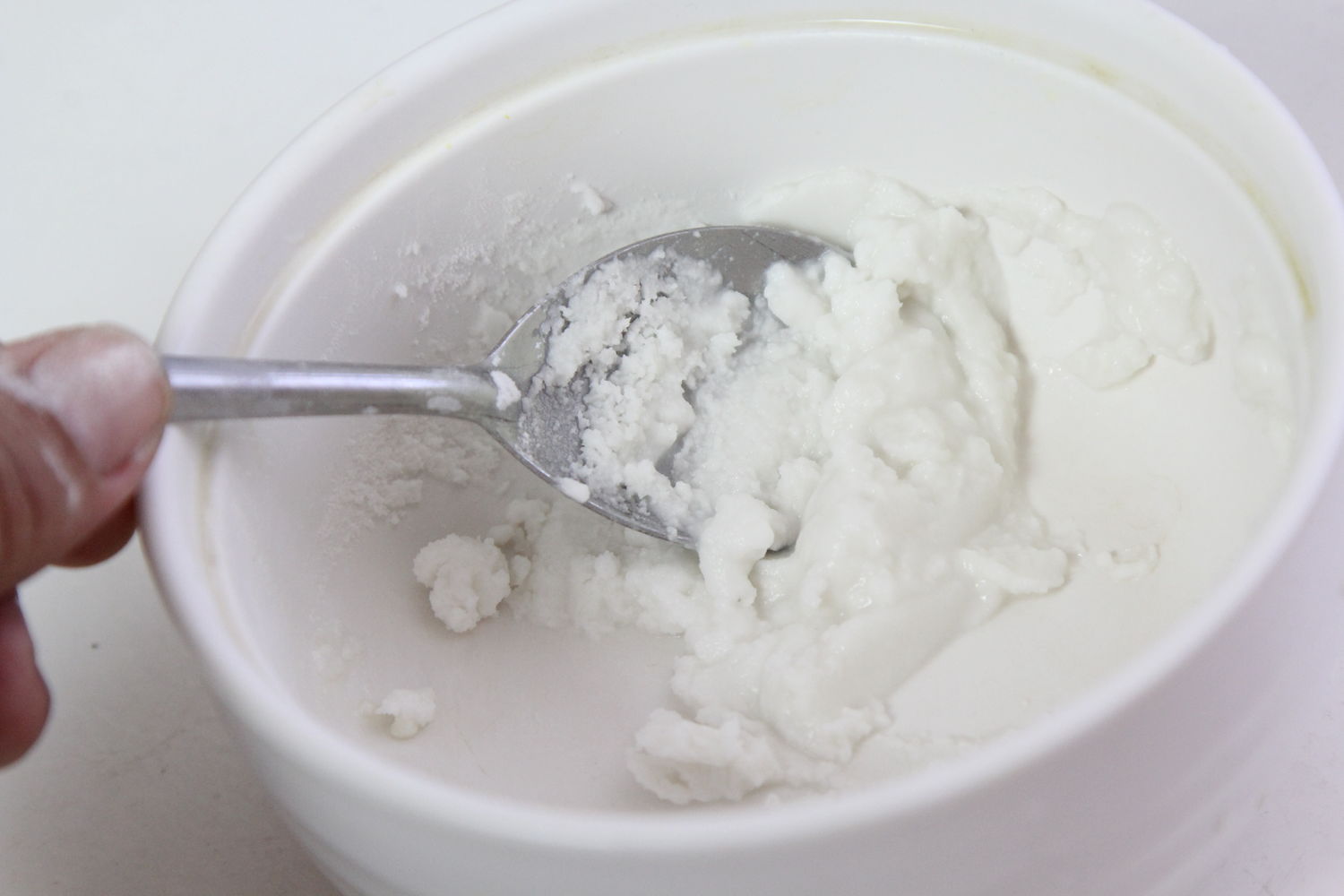
- Ammonia. 1 tbsp. a false drug is diluted in a bowl with cold water. The sponge is moistened in the solution and the contaminated area is treated with it. Synthesis works well together with borax in a 1: 1 combination. There is also a recipe for adding one tablespoon of dish liquid and four liters of water to 1⁄4 spoonful of ammonia. The concentrate is poured into a bowl and the whole thing is placed in it for an hour.
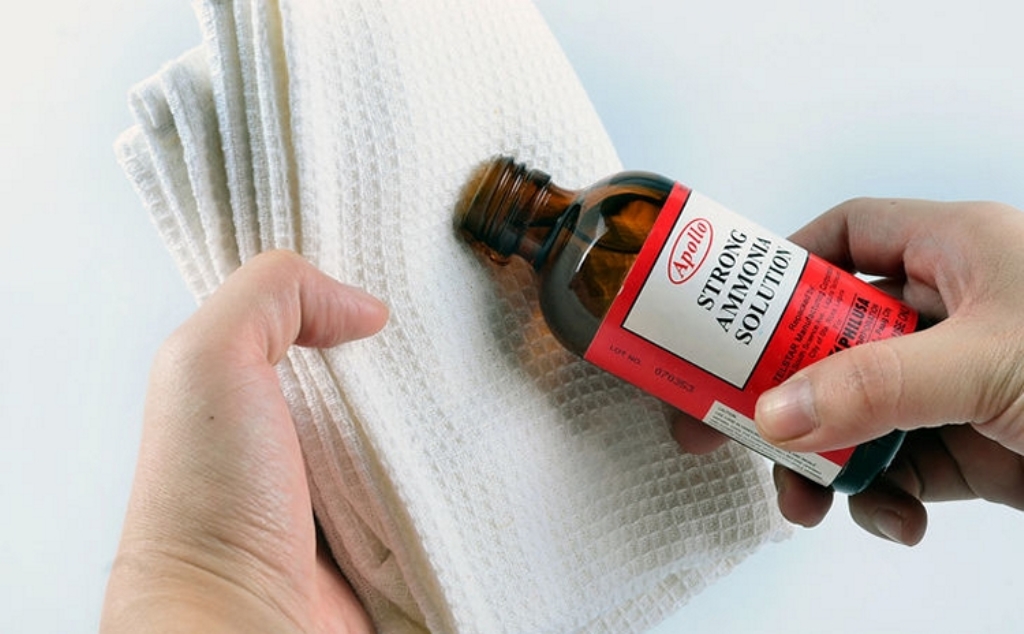
- Vinegar (9%). Proportionality depends on the scale of the “trouble”. Usually two parts water is sufficient. The stain is treated with a sponge.
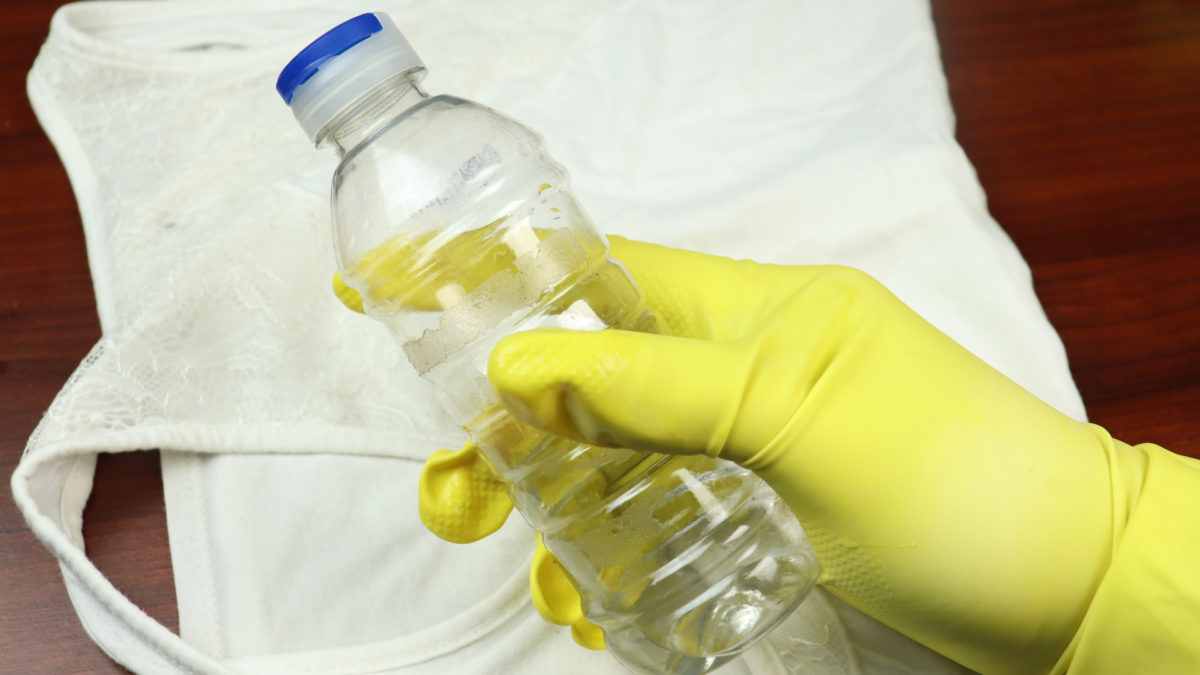
- The potato starch is dissolved in water and applied to the fabric in two parts. After drying, the clothes should be washed in any way.
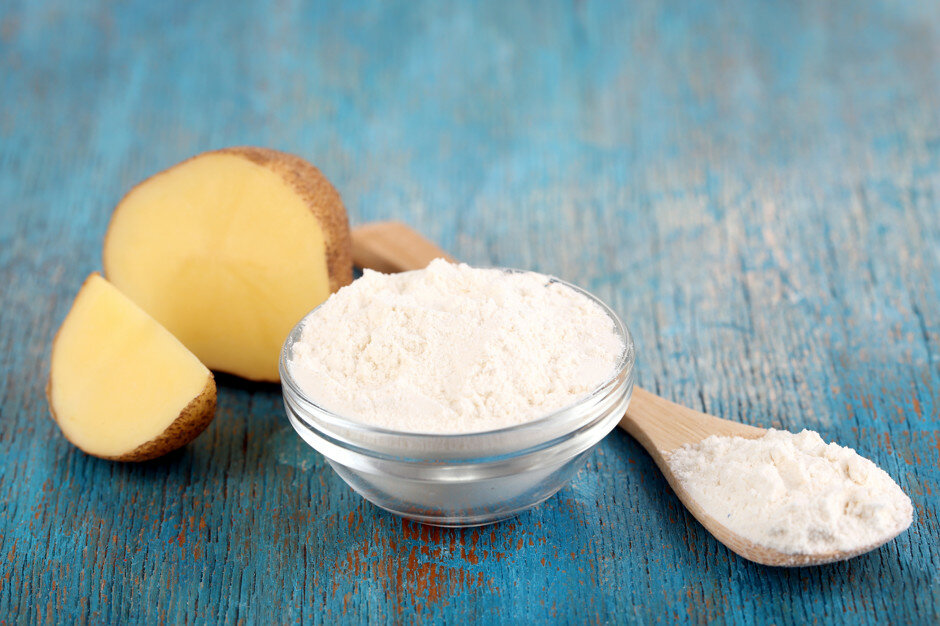
- Aspirin or acetylsalicylic acid.A well-known drug can help not only with colds. The dragee is dissolved in a glass of water and the contamination is carefully removed with a cotton sponge soaked in the solution.

- Glycerol. Ideal for saving jeans. A small part is heated with steam and applied to the stain with a sponge. First of all, they do the processing of the wrong side, and then the front side.
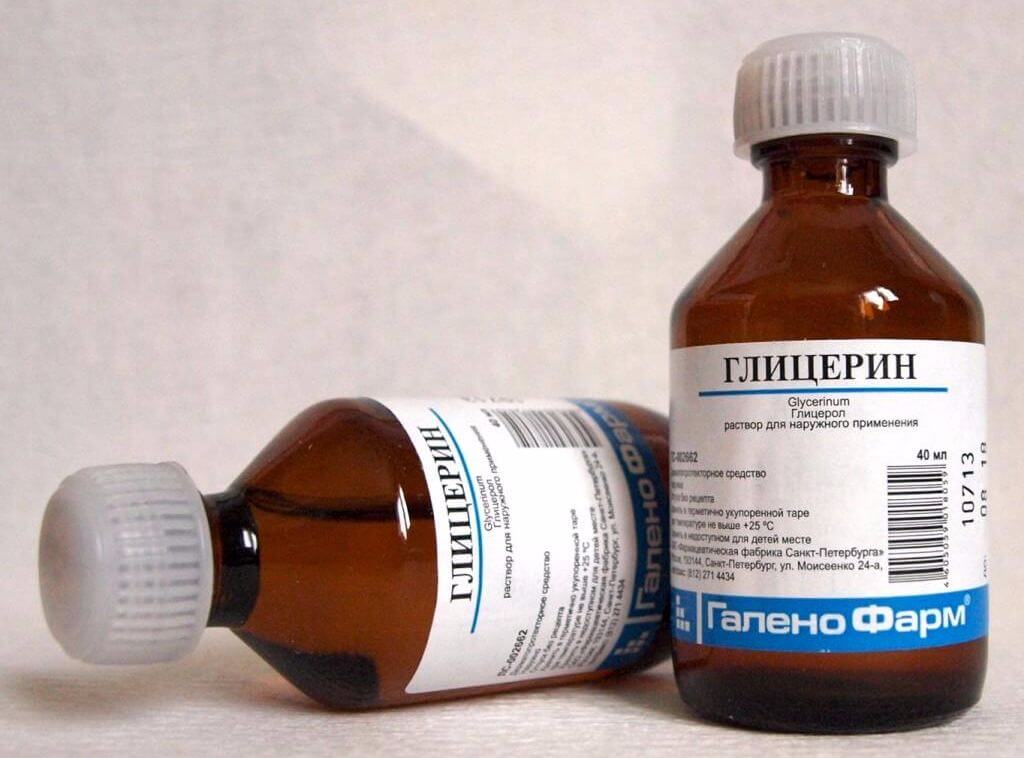
- Dentifrice. It is poured over the stain until it dries completely, then washed off with water or soapy essence.
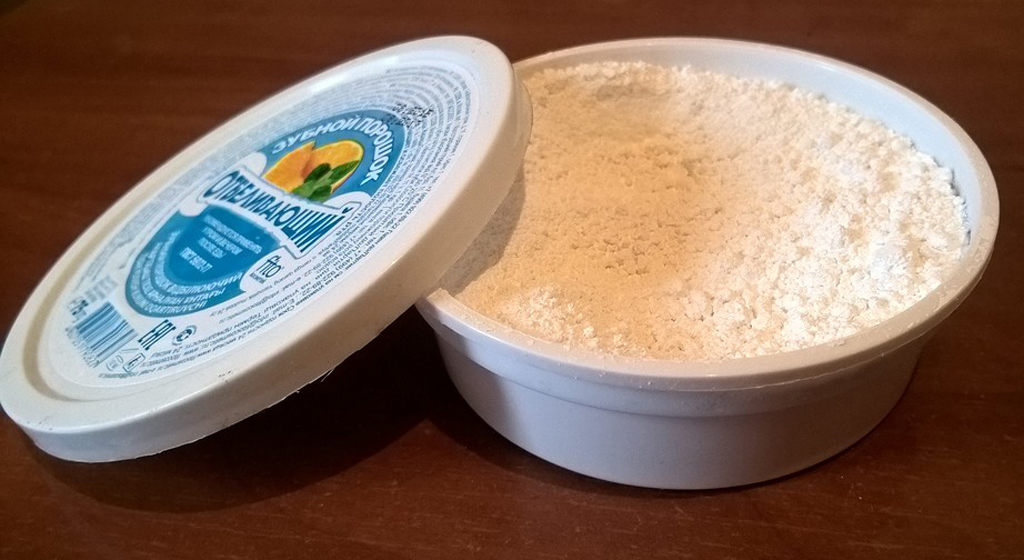
- Meat softener. For gruel, you need 1 tbsp. a spoonful of softener and 2 tbsp. spoons of water. The resulting mass is rubbed into the dirt and left to absorb. Then the excess is removed, and the thing is rinsed and washed.
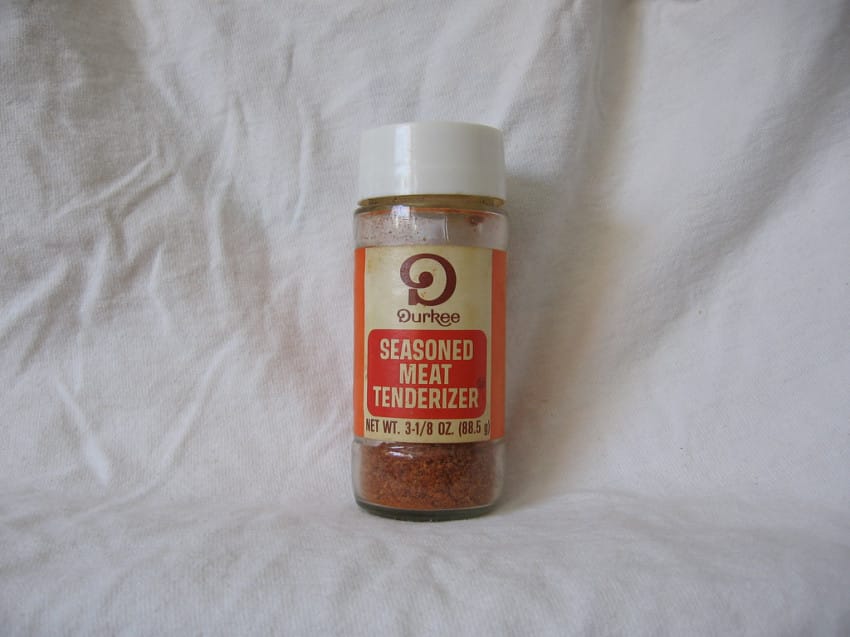
Despite the huge variety in the sale of various drugs, the dilemma of how to remove blood is still relevant. There are both industrial products and equally effective folk methods and recommendations. Therefore, when smudges appear, do not panic - you can cope with them.
VIDEO: How to quickly and easily remove blood from clothes.

